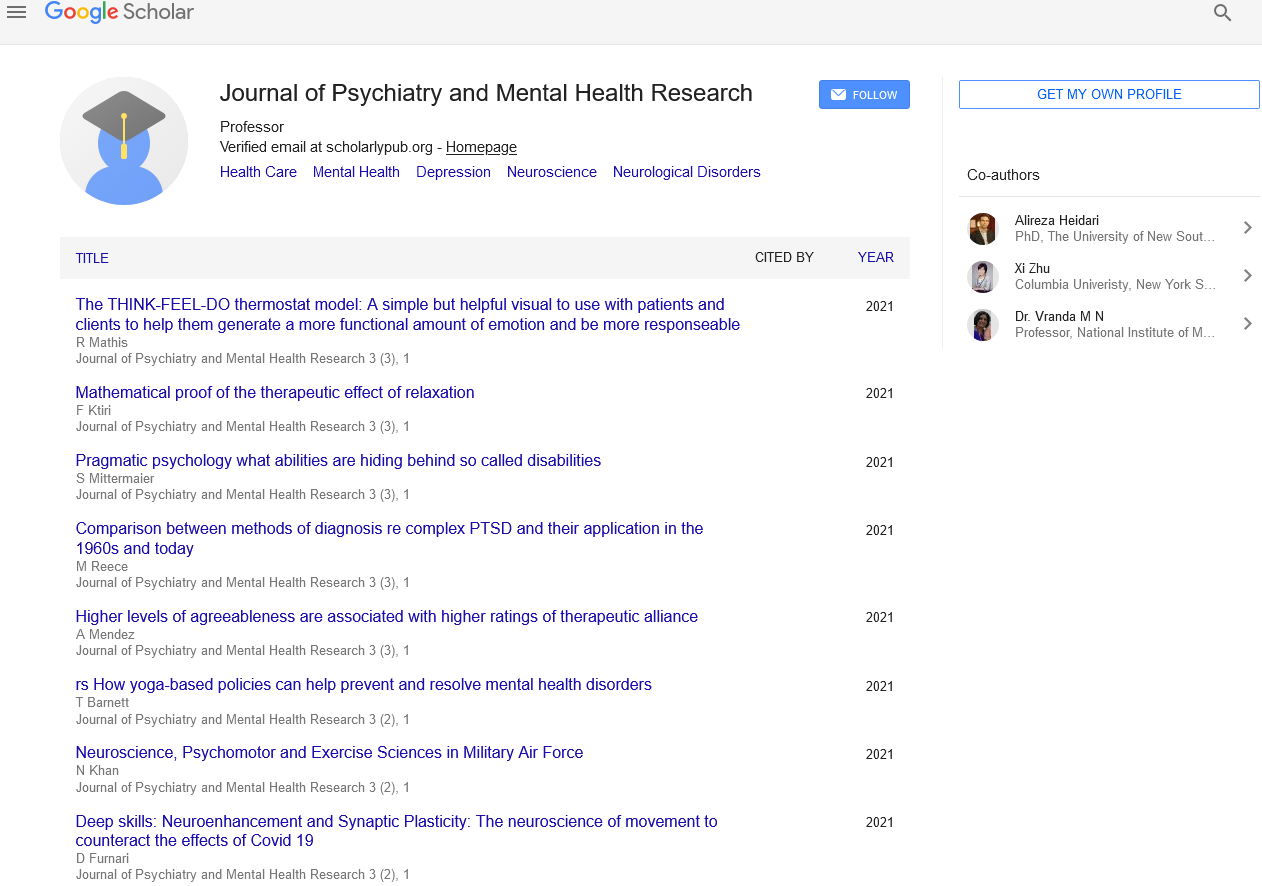
Sign up for email alert when new content gets added: Sign up
Psychometric properties of the Eortc QLQâÂÂC30 in Uganda
11th World Nursing Forum
May 16, 2022 | Webinar
Allen Naamala
Uganda Cancer Institute, Uganda
ScientificTracks Abstracts: Psychiatry Ment. Health Res
Abstract :
Generic instruments used to assess self-reported HRQoL need validation. Such Instruments adapted for use among Ugandans with cancer are lacking; A study aimed at evaluating the psychometric properties of EORTC QLQ-C30 in adults with cancer in Uganda. A cross-sectional study was conducted on adult patients with various types of cancer, cared for at the Uganda Cancer Institute. 385 patients answered the EORTC QLQ-C30 in Luganda and English are the two most spoken languages in the country. The two The language versions were evaluated with regard to data quality (floor and ceiling effects and missing responses), reliability (internal consistency) and validity (construct, known-group and criterion). Construct validity was examined through CFA. Mean scores were compared. To assess known-group validity, we compared disease stages across groups. Criterion validity It was examined according to associations between two QLQ-C30 subscales (Global QoL and physical function) and the Karnofsky Performance Scale (KPS). On several scales, floor and ceiling effects were observed in Luganda and English versions All EORTC scales with the exception of cognitive function (Luganda=English=0.50) had acceptable Cronbach’s alpha values (0.79–0.96). The CFA Both versions yielded good fit indices for both versions (RMSEA=0.08, SRMR=0.05 and CFI=0.93). Known-group validity was demonstrated with statistically significant better HRQoL reported. Patients in stages I–II compared to patients in stages III–IV Positive evidence supported criterion validity. Correlations existed between KPS and the subscales. Physical function (Luganda r=0.75, English r=0.75) and overall quality of life (Luganda r=0.59, English r=0.72). The Luganda and English versions of the EORTC QLQ-C30 appear to be Valid and reliable measures can be recommended for use in clinical research to assess HRQoL in adult Ugandans with cancer However, the cognitive scale did not reach This is acceptable internal consistency and needs further evaluation. Recent Publications 1. Factors that influence delays in health care seeking, diagnosis and treatment for breast cancer patients in Uganda. European Journal of Surgical Oncology 2. Psychometric properties of the EORTC QLQ-C30 in Uganda. Health and Quality of Life Outcomes 3. Few Losses to Follow-up in a Sub-Saharan African Cancer Cohort via Active Mobile Health Follow-up: The African Breast Cancer- Disparities in Outcomes Study. American Journal of Epidemiology.
Biography :
Allen Naamala Mayanja is the Principal Nursing Officer in charge of the Nursing Department (Chief Nurse) at Uganda Cancer Institute (the only cancer care facility in the country)-Kampala – Uganda. She is a PhD student at Makerere University-Kampala, Uganda. She holds a masters’ degree in Health Systems Management (MBA) and a bachelors’ degree in Nursing Science BSN), both from Makerere University, as well as Diplomas in Nursing and Midwifery from Mulago School of Nursing and Midwifery-Kampala, Uganda. She has a working experience of over 28 years (since March 1993) as a clinical practitioner, an administrator, lecturer and research supervisor at different institutions, including Mulago National Referral hospital, Uganda Cancer Institute, Makerere University, department of Nursing, Tutors College and Mulago School of Nurses and Midwives, all in Kampala, Uganda, among others. She has been a member of AORTIC since 2013 (membership no. 2422955), a member of the United Kingdom Oncology Nurses Society (since 2017) and many other research-related associations.




